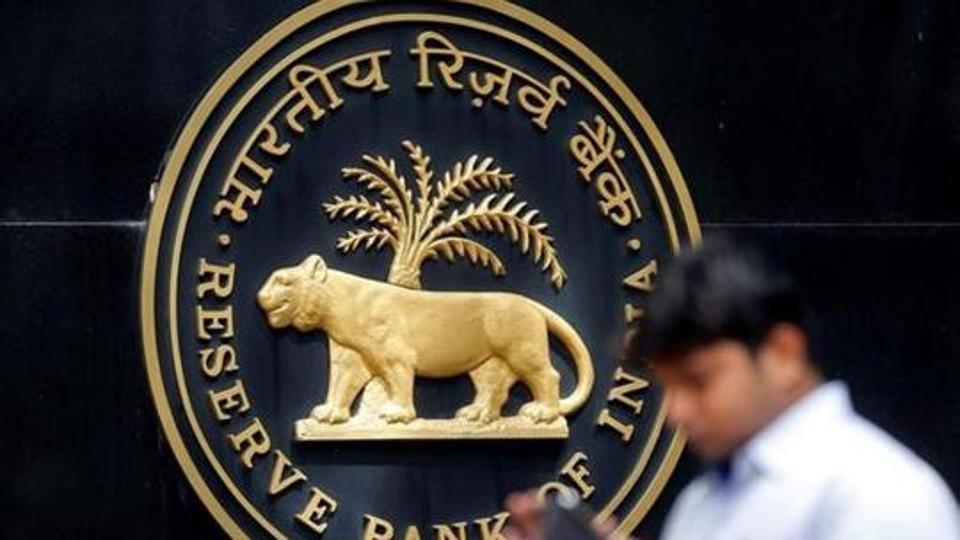
The Internet and Mobile Association of India (IAMAI) had filed a write petition against the RBI at the court. The petition was filed in the apex court on Tuesday. IAMAI president Subho Ray has confirmed the filing of the petition but did not want to comment since the matter was scheduled for a hearing.
Other crypto exchanges in India also took a stance against the RBI legally. The supreme court, however, told them in May to engage directly with the RBI instead. Earlier this month, the apex court refused to stay the RBI’s April order, but directed it to respond to the suggestions submitted by the exchanges.
One of the main reasons cited by the RBI for its crackdown is to protect investors and banks from frauds, said a member of the IAMAI who had a copy of the central bank’s responses. “It has said that it wants to ring-fence gullible investors and lenders from scams, several of which have happened internationally.”
The latest notification doesn’t explain the trigger for the central bank, but the December 2013 notification lays down the RBI’s concerns with crypto-assets. These are concerns about the security of electronic wallets and private keys, the lack of a centralized authority or underlying asset, the unregulated nature of bitcoin exchanges, and the use of virtual currencies to fund illicit and illegal activities. At other times, the RBI and the government have cautioned users about the speculative nature of these assets.
The number of bitcoin and cryptocurrency crimes and scams in India, where thousands of crores are involved, have also been rising.
Praveen Kumar, chairman and CEO of Belfrics, a Malaysia-based exchange with operations in India believes that thisindiscriminate ban isn’t the way to deal with this.
“By limiting transactions via bank accounts and allowing more cash-related transactions, RBI is allowing more people to get duped. Instead, they need to regulate the exchanges and lay down guidelines that can help prevent these frauds.”
The security and the potential to support illegal activities can be addressed by regulating cryptocurrency exchanges. Most users don’t want to handle their private keys and store their assets at the exchange. This makes these exchanges a honeypot for hackers. The Mt Gox hack in 2014, and last month’s Coincheck hack, led to losses of almost $1 billion.
Therefore, all exchanges must be made to follow industry best-practices in ensuring the security of users’ private keys, complying with know-your-customer rules, and reporting any unusual activity.
The firms have refuted this, too, claiming strict adherence to know-your-customer norms to prevent money-laundering. Besides, all transactions are usually carried out via bank account transfers to keep a tab on the money trail.
The RBI has also expressed concerns that cryptocurrencies have no intrinsic value as they are not backed by assets. CEO of another virtual currency exchange, on condition of anonymity
“This is not entirely true. For instance, in order to run certain computer programs, you can pay using ether. Moreover, as the market matures and more people and institutions start using it, there can be more use cases that can boost its intrinsic value.”
The IAMAI members also believe that it’s unfair that the central bank has ignored their suggestions to strengthen the framework.
“Even earlier it had laid down similar reasons but refuses to look closely at our recommendations on how it can be addressed,”
Cryptocurrency exchanges and investors are now getting ready for the government panel readying the draft regulations for cryptocurrencies.
Source: Quartz
KryptoMoney.com publishes latest news and updates about Bitcoin, Blockchain Technology ,Cryptocurrencies and upcoming ICO’s.

Keep in mind that we may receive commissions when you click our links and make purchases. However, this does not impact our reviews and comparisons. We try our best to keep things fair and balanced, in order to help you make the best choice for you.